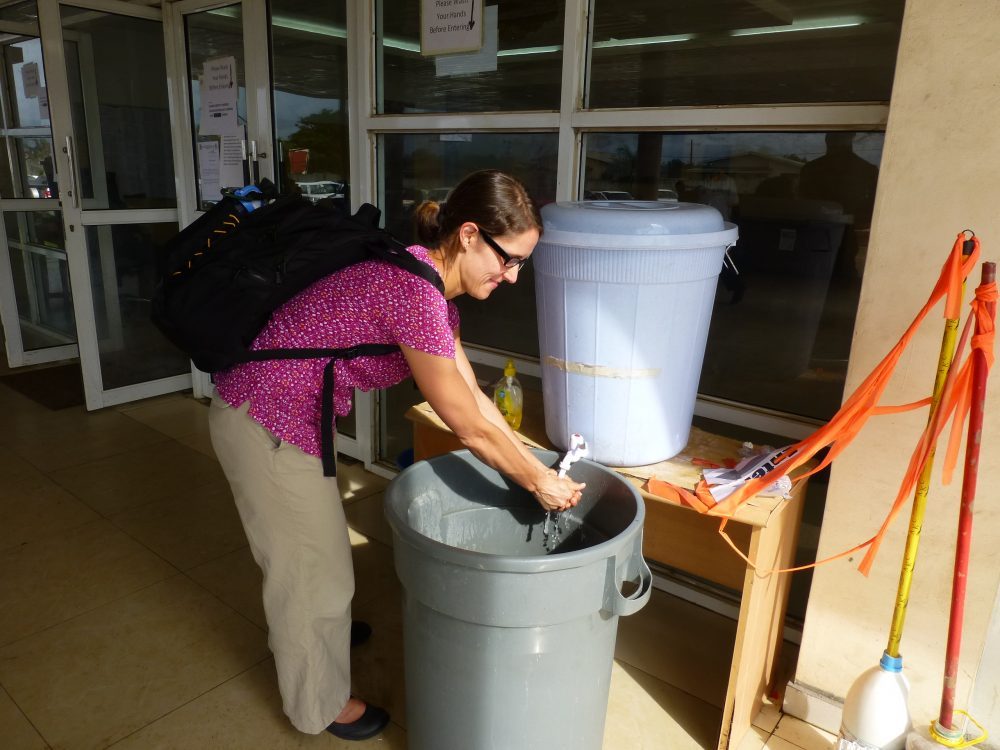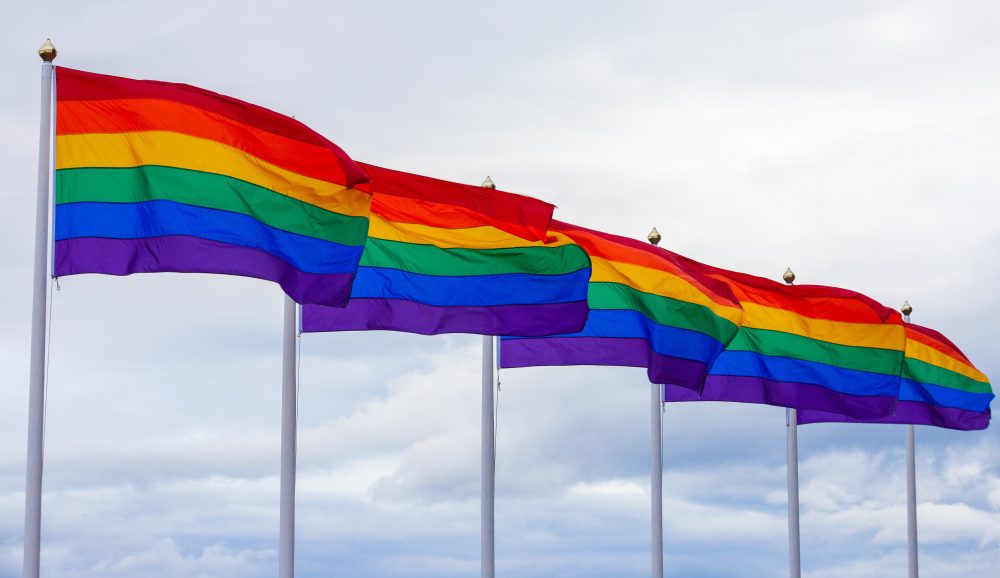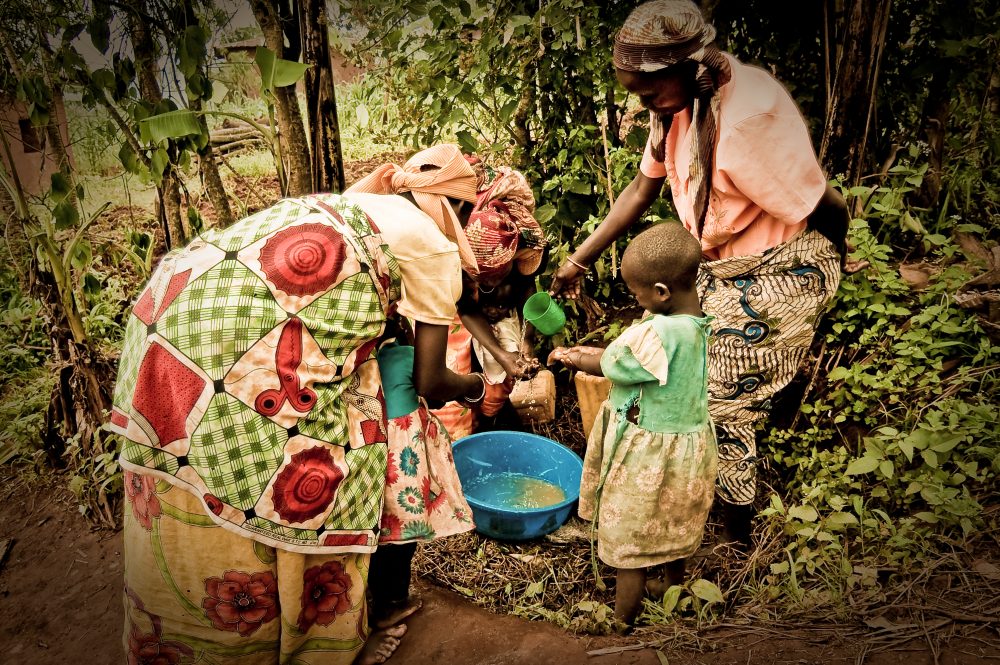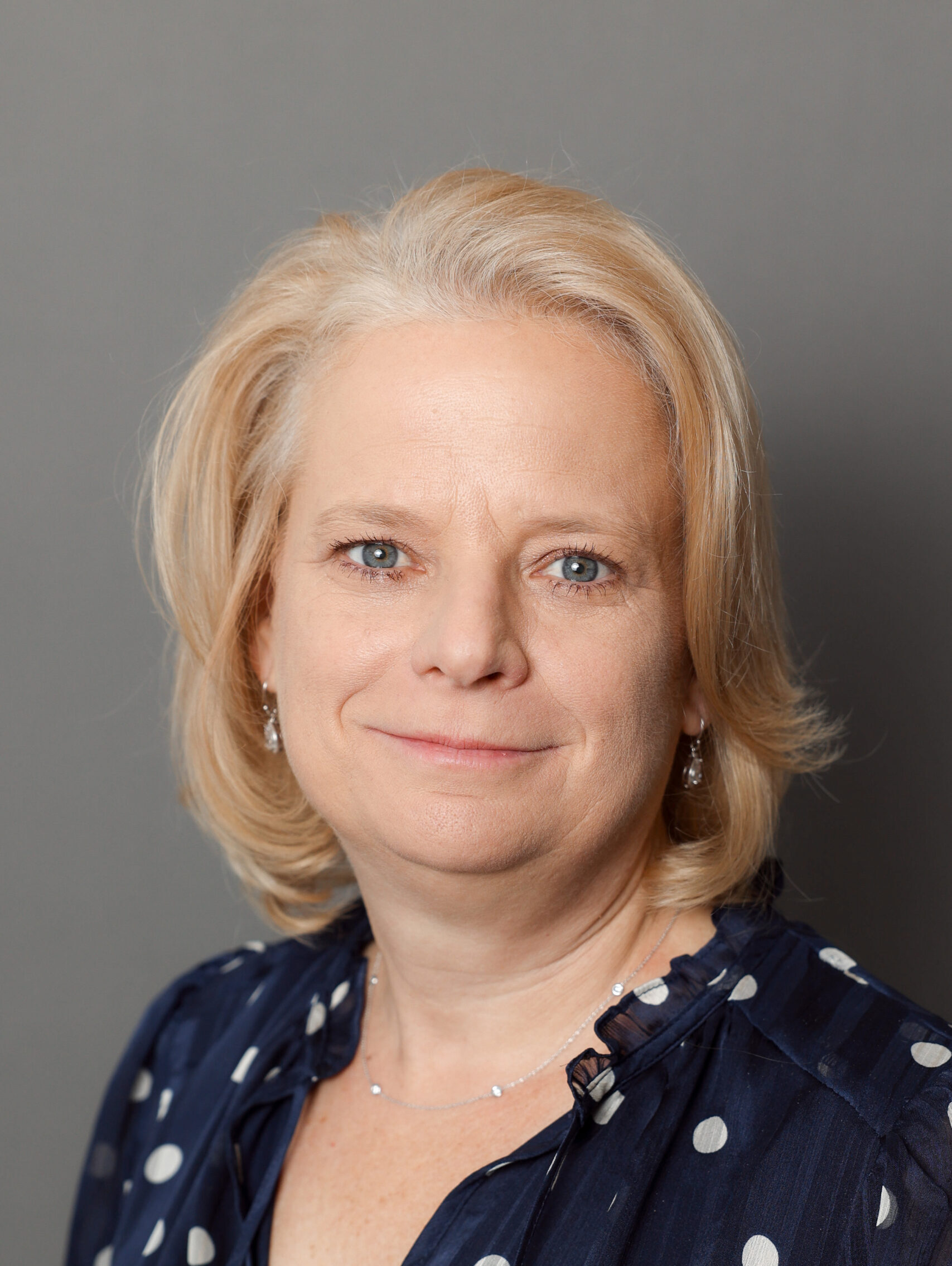WASH and the Humanitarian Response to COVID-19
The international humanitarian community is forever striving to improve the quality and accountability of humanitarian assistance. I was introduced to the Sphere standards early in my career through their handbook that is inclusive of common principles and minimum standards in response. There is a commitment to “rights-based foundations: people have the right to assistance, the right […]

The international humanitarian community is forever striving to improve the quality and accountability of humanitarian assistance. I was introduced to the Sphere standards early in my career through their handbook that is inclusive of common principles and minimum standards in response. There is a commitment to “rights-based foundations: people have the right to assistance, the right to life with dignity, the right to protection and security, and the right to fully participate in decisions related to their own recovery.”
Working in various countries across Africa and the Middle East, I used the minimum standards as targets within our program design as well as our donor reporting. Early on I learned that achieving the recommended standards was not easy. Too often the depth of intervention required to achieve the standards fell into longer term development vs. emergency responses.
Access to clean water and sanitation and hygiene services (a.k.a. WASH) was one such area. Water is critically important in a multitude of ways within the everyday life of communities. It provides life, health and human dignity. In the U.S., we take it for granted, not giving it much attention, until we hear of the impacts of contaminated water in places such as Flint, Michigan and Newark, New Jersey or lack of access in tribal and rural communities.
When hand-washing stations are not easily accessed in your home, a problem facing 40 percent of the world’s population, or when adequate sanitation is lacking, as it is for 25 percent of the world, their absence strips away everyday healthy hygiene practices. And the humanitarian community knows, thanks to the standards developed, that in crises, much more water than the norm is needed.
In the time of COVID-19, with our mantras of washing our hands with soap more often and for 20 seconds, and ensuring surfaces are cleaned regularly, I can’t help but wonder how populations without regular and reliable access to WASH pre-crisis will be able to protect themselves and their communities now.
Philanthropy must support organizations and governments as they develop emergency initiatives to ensure communities have access to clean water and handwashing. Programs such as that of CARE, which supports the construction, equipping and maintenance of handwashing stations in 23 locations around the world, and that of Plan International, conducting hygiene education, social distancing awareness sessions and providing information, education and communication materials on proper hygiene to countries in Asia and the Middle East. These programs, partially funded by our CDP COVID-19 Response Fund, go some of the way to aiding in the pandemic response.
As much as possible, emergency funding for WASH activities should be complemented by a recovery and development initiative. While trucking water to a refugee setting or urban settlement and setting up portable hand-washing stations may well save lives today, it is only through long-term investments that communities can thrive, and economies develop.
More like this

For equitable recovery from COVID-19, we can’t leave LGBTQ+ people behind

